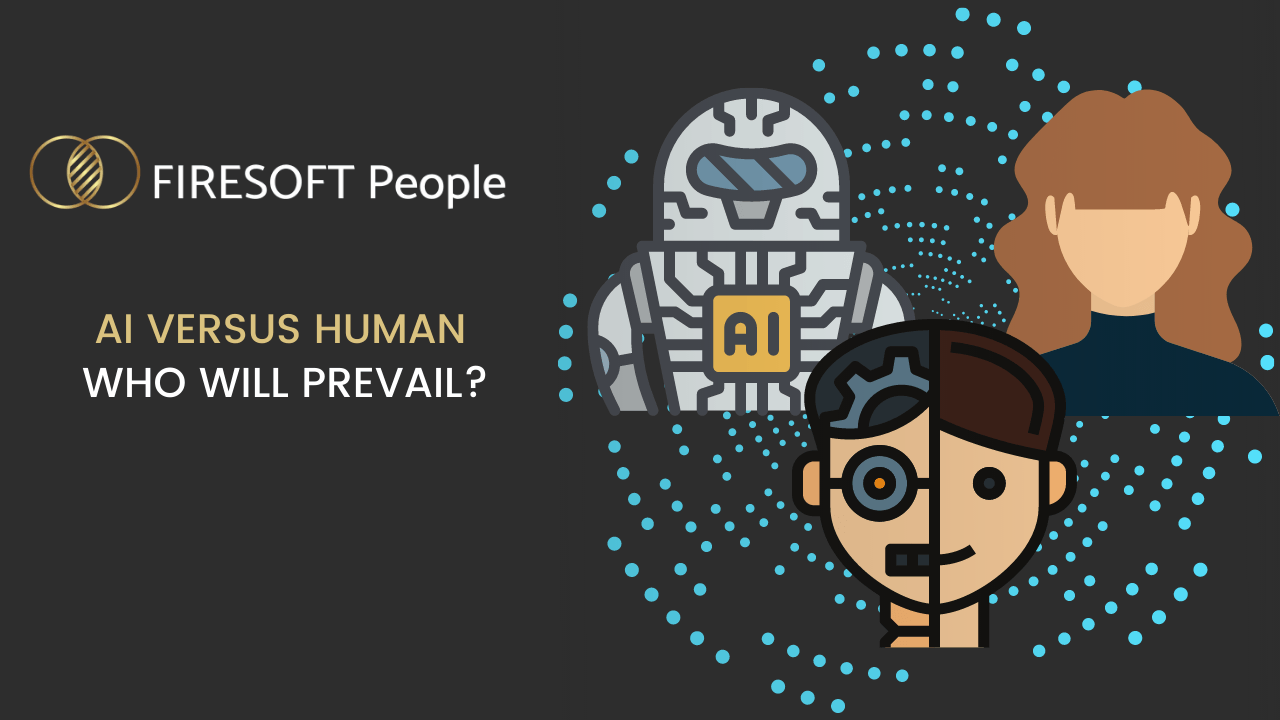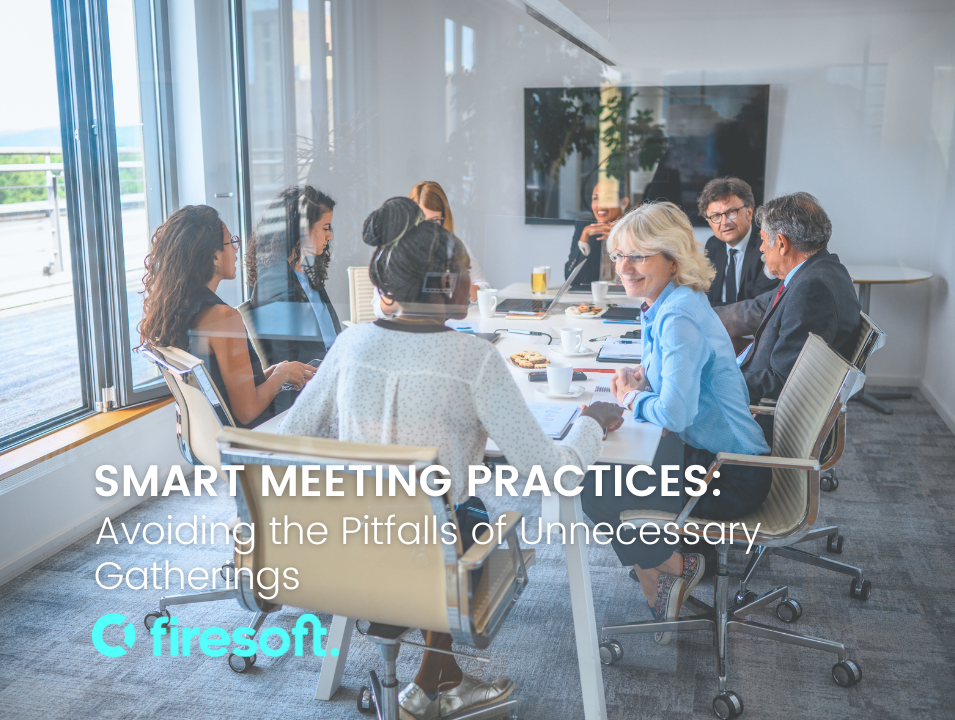AI Versus Human: Who Will Prevail?

Technology is now well integrated into our lives. The use of mobile phones, laptops, computers, and smartwatches, is now such an integral part of our daily routine. We've seen exponential advancements that we now have so many AI options at our fingertips to help get tedious tasks done quicker than any human could. But the real question remains, can AI replace the human touch?
So, let’s explore this some more. Artificial Intelligence utilises data to perform tasks with precision and without disturbance from external factors. AI is great, especially when there is a routine. Humans, however, work differently as we are driven by emotion, use our imaginations, and are affected by external factors when making decisions.
In an effort to embrace technology and stay ahead of the curve, we recently embarked on a candidate re-engagement trial utilising AI to make calls to our candidates to gauge their interest in new opportunities. Traditionally this task was always done by staff, but we wanted to explore whether there were greater efficiencies in incorporating AI in our day-to-day operations. Alas, we began our trial. We took this project head-on and amassed more than 400 calls in just a couple of weeks! We asked potential candidates questions such as what roles they were interested in, their top skills, and if they were open to new opportunities. Some even provided feedback on their experience speaking to an AI. Responses to these questions varied from providing pertinent information to not entertaining any of them, thinking it was a fake call. One potential candidate had to look us up for legitimacy, while another had an accent that the AI couldn’t quite pick up.
While there were some great benefits of utilising AI to make these calls, such as the efficiency and sheer scale of candidates that we were able to reach in a short amount of time, we came to the conclusion that there's something that AI (or any form of technology) cannot replace: human connection. Emotions are unpredictable, and it's questionable if AI can read these emotions and respond as needed. There's a branch of AI called artificial emotional intelligence or emotional AI that can assess the person's tone of voice, non-verbal gestures and facial expressions. This technology has been around since 1995. But with our experience, challenges such as different accents and not picking up the answers of the candidate arose, and some were concerned they were receiving fraudulent calls.
The past two years of on and off lockdowns around the world have given us less face-to-face time with employees and clients. People crave human touch quite literally and figuratively. It's that engagement that ties with our feelings that makes the conversations different and personal.
There's much controversy that revolves around the usage of an emotional AI. As consumers, carefully assess how your organisation can best use a specific technology. Finding the balance where man and machine can work together as a team can be very beneficial. This battle isn't about who wins or loses, or who or what is more superior, but it's about working seamlessly together towards a common goal.
At FIRESOFT People, we are human, just like you, and this is core to our values and sewn into every interaction we have. You will always get our authentic selves showing up to every meeting, interview, event, or whatever it may be. We excel at exceeding our client's expectations and going above and beyond with our recruitment services. Visit our website to learn more.
Other suggested reads for you


